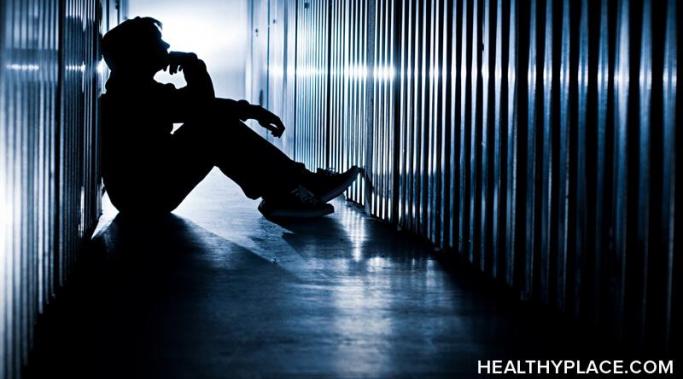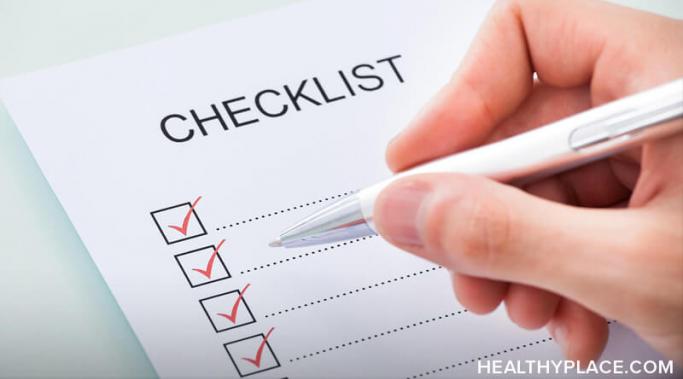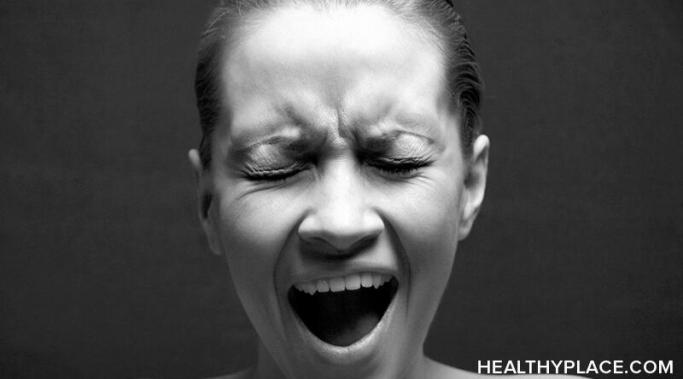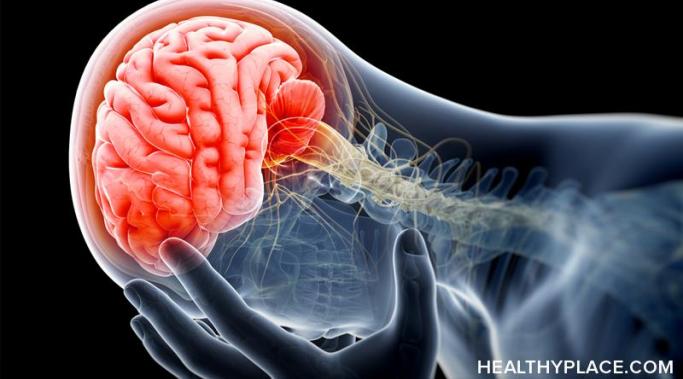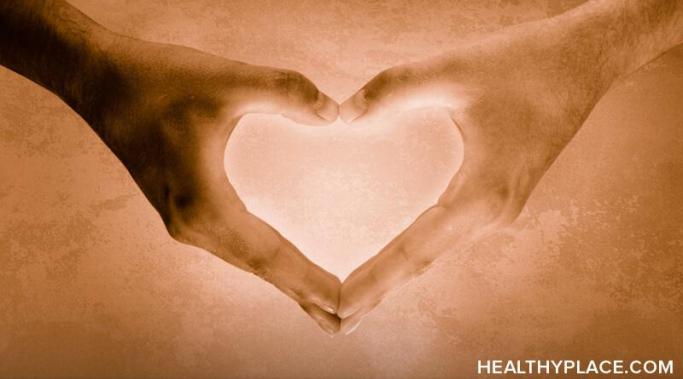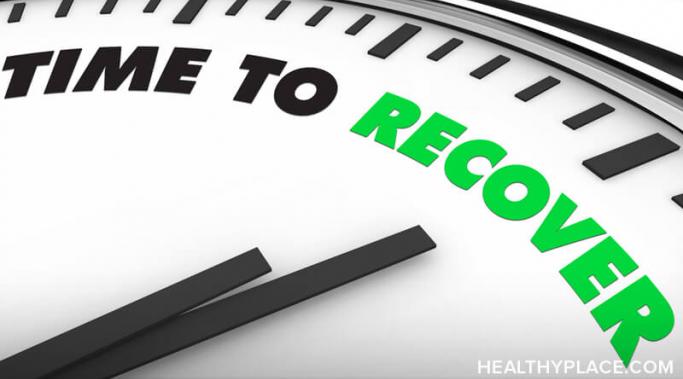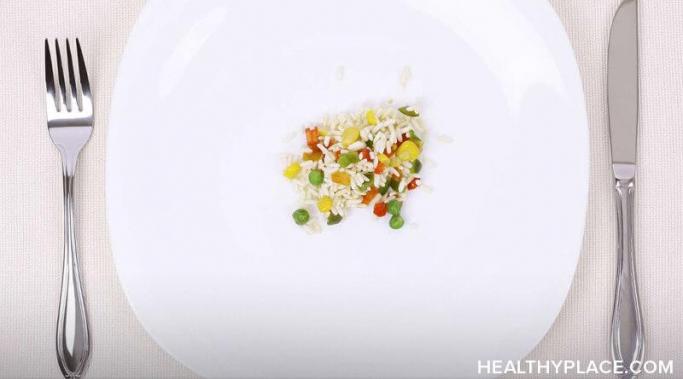To be honest, this is not the post I originally planned to write today. However, life has an interesting—often infuriating—habit of forcing my attention to land on unhealthy behaviors or unresolved issues that I need to acknowledge but would much rather ignore. Sometimes this comes in the form of painful news or circumstances, while other times, it comes in the form of a reminder that I'm an imperfect human who still has healing work to do. But today, in particular, I find myself asking the question: How do I receive painful news without taking it out on the body I live in, which has done nothing to deserve my wrath?
Anxiety and Eating Disorders
The phrase "new year, new you" is all over the place right now. From social media posts, to news outlets and blog articles, to conversations with friends or family, to marketing tactics from wellness brands, it often seems I can't escape this message once January rolls around. But while the concept might sound positive in theory—a chance to start fresh and reinvent oneself—the truth is, this "new year, new you" mantra doesn't work for me in eating disorder (ED) recovery. I also suspect I'm not alone in that feeling, so let's unpack it further.
Confession: I have felt internally out of control during the past month, and as I have come to learn about myself, this perceived lack of control can activate my eating disorder habits. To be fully transparent here, I'm not sure what to do about this recurring behavioral pattern in my life, but for right now, I just need space to acknowledge it. I will undoubtedly examine it through a curious, in-depth lens with my therapist in this week's counseling session. However, at the moment, I have to be truthful about the reality that this lack of control I feel is threatening to activate my eating disorder habits.
Eating disorder recovery during life transitions can present a real challenge. As this final stretch of 2021 rounds the corner and another new year looms on the horizon, the inevitability of transition is at the forefront of my mind. But while this idea of change can often bear a negative connotation and cause stress levels to escalate, the change itself doesn't always have to bring chaos, fear, anxiety, or upheaval into your actual lived experience.
In many cases, eating disorder behaviors can be fueled by cognitive distortions. These irrational thought patterns could influence you to latch onto a negative and inaccurate view of yourself, a situation, a relationship, or life as a whole. But cognitive distortions only have power if you allow them to take root, which means that you can learn to spot cognitive distortions—and ultimately combat them—in eating disorder recovery.
Thanksgiving is not my favorite holiday—not even close, in fact. As someone who was raised in a large, boisterous, Italian American family, I understand the importance of seasonal traditions, quality time with loved ones, and communal expressions of gratitude. But as someone who is also in eating disorder (ED) recovery, the overt emphasis on food this time of year can still cause ripples of anxiety to surface. So, as another holiday season rounds the corner, I want to share with you a list of ED recovery affirmations to remember on Thanksgiving. I often repeat them to myself when I feel overwhelmed or anxious during the festivities, and I hope these affirmations calm and re-center you as well.
Confession: I'm hesitant to use the "trigger" label at this juncture in my eating disorder (ED) recovery. To be clear, though, as someone who has been part of formalized treatment communities for the past 10 years, I understand why it's useful—or even a source of comfort—to be conscious of triggers in the earliest stages of recovery.
If you have been following the news lately, then chances are, you know about the global supply chain issues projected to loom over this holiday season. And while the United States Department of Agriculture (USDA) confirms there is no current food shortage in the United States, grocery stores and supermarkets across the nation could experience low inventory of certain items on their shelves. So, what does this mean if you have a complicated or difficult relationship with food to begin with? Be conscious of the possibility that food shortage anxieties can fuel eating disorder behaviors.
This article is not meant to be a universal claim about eating disorders, as I can only speak from my own observations and experiences. But in many cases, I believe that eating disorder behaviors manifest on the surface to mask a fear of rejection deep within.
Around this time last year, I was in serious need of a social media detox because doom-scrolling on Facebook and Instagram had monopolized most of my free time and sabotaged my mental health. This habit morphed me into someone who was constantly anxious, irritable, tense, and frantic. I could not seem to redirect my thoughts from the vitriol that spewed in the comment sections on my newsfeed, so to regain some measure of control, I turned to a familiar distraction: my eating disorder.
